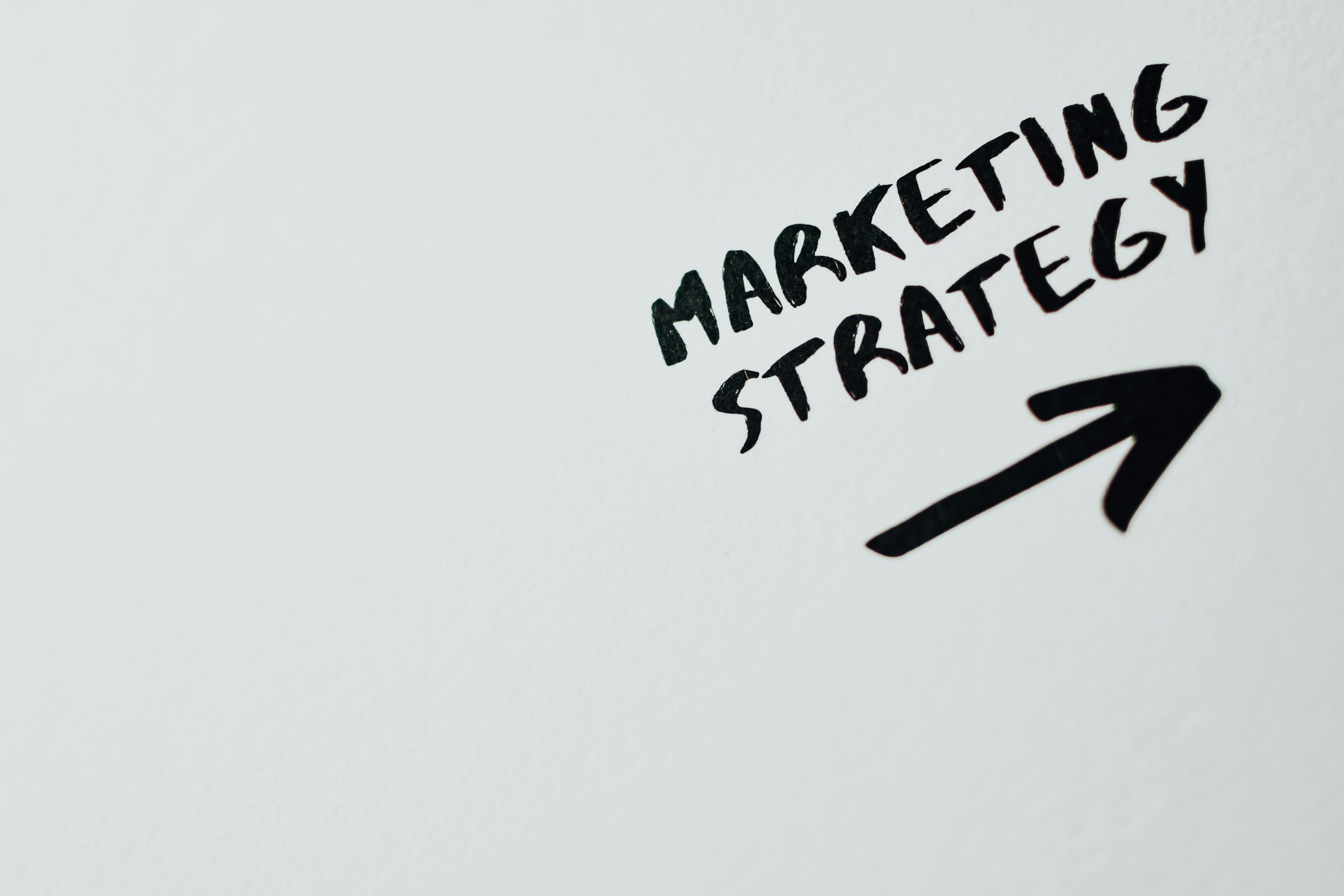The Role Of Marketing Strategy In Business Growth And Sustainability
In today’s dynamic and competitive global economy, businesses are under growing pressure to achieve growth that is not only profitable but also sustainable. While short-term marketing tactics may deliver quick wins, long-term business success requires a strategic, integrated approach that aligns with evolving consumer expectations, embraces innovation, and builds enduring value.
This article explores the critical role of marketing strategy in fostering sustainable business growth and examines key practices that every business leader, student, and strategist should understand in 2025.
What Is Sustainable Business Growth?
Sustainable business growth refers to the ability of an organisation to expand consistently over time without undermining future performance. It encompasses more than just financial returns, it considers customer loyalty, operational adaptability, market resilience, and ethical responsibility.
As highlighted by McKinsey & Company, businesses with a long-term strategic focus outperform their short-term-driven counterparts by 47% in revenue and show stronger profit margins. The implication is clear: sustainability and strategic marketing go hand-in-hand.
Challenges to Sustainable Growth
Despite its benefits, sustainable growth is not easily achieved. Key challenges include:
-
Short-termism: Pressures from shareholders and financial markets often drive businesses to prioritise immediate returns over future readiness.
-
Rising competition: As barriers to entry decrease, many industries face intense rivalry, leading to reduced margins and brand dilution.
-
Resource constraints: Small and medium enterprises often lack the capital or human resources to invest in long-term strategic marketing.
-
Rapidly shifting consumer preferences: Modern consumers demand personalisation, transparency, and responsiveness traits that require agile marketing operations.
-
Fragmented marketing efforts: A lack of integration across platforms and teams can result in disjointed messaging and missed opportunities.
-
Market disruption: Emerging technologies and global events can render traditional models obsolete, forcing businesses to pivot quickly or risk irrelevance.
How Marketing Strategy Drives Sustainable Growth
Marketing, when strategically deployed, is more than just advertising. It is a core business function that shapes brand perception, customer engagement, and long-term value creation.
Here are ten marketing strategies that business students and professionals should master to support sustainable growth:
1. Prioritise Market Research and Customer Insight
Effective marketing begins with deep customer understanding. Conducting regular market research allows businesses to identify emerging trends, understand pain points, and tailor products or services accordingly. This data-led approach fosters targeted campaigns and builds stronger brand-customer relationships.
2. Embrace Technology and Automation
Marketing technologies, from customer relationship management (CRM) platforms to AI-driven analytics enhance efficiency and decision-making. Automating routine processes (such as email marketing or customer service chatbots) frees up resources for innovation and growth-focused tasks.
3. Deliver Exceptional Customer Service
Exceptional service is a strategic asset. It drives customer retention, generates positive word-of-mouth, and contributes to brand loyalty. Especially in competitive sectors, businesses known for service excellence often outperform their peers during downturns and economic uncertainty.
4. Develop a Distinctive Brand Identity
A compelling brand goes beyond visuals. It communicates purpose, values, and promises. Strong brands connect emotionally with consumers and create lasting impressions. Businesses that prioritise brand-building are more likely to stand out and sustain customer trust.
5. Use Data-Driven Decision-Making with Proper Governance
Access to quality data empowers businesses to refine their marketing efforts, optimise spend, and forecast consumer behaviour. However, data must be ethically managed. Strong governance ensures compliance with regulations (like the UK GDPR) while maintaining public trust.
6. Invest in Content Marketing
Valuable content whether educational, inspirational, or entertaining—builds thought leadership and customer engagement. Businesses that maintain an active digital presence through blogs, videos, and social media tend to attract and retain more customers organically.
7. Implement an Omnichannel Strategy
Consumers interact with brands across multiple platforms such as online, in-store, via mobile, or email. A seamless, integrated approach ensures consistent messaging and a positive customer experience. Omnichannel strategies increase visibility and improve customer satisfaction.
8. Stay Abreast of Industry Trends
Innovation begins with awareness. By monitoring trends, attending conferences, and engaging with thought leaders, marketers can stay ahead of shifts and pre-empt customer needs. Agility is a competitive advantage in a constantly evolving marketplace.
9. Build Strategic Partnerships and Collaborations
Collaborations can extend reach, pool resources, and spark innovation. From co-marketing campaigns to joint ventures, partnerships enable businesses to enter new markets and learn from complementary expertise.
10. Maximise the Power of Everyday Tools
Even small touchpoints like professional email signature can reinforce brand identity and improve communication. Thoughtful use of these micro-moments helps build consistency and trust.
For future business leaders and marketers, understanding the interplay between strategic marketing and sustainable growth is crucial. In an era defined by change and complexity, marketing must evolve from being a reactive function to a proactive driver of innovation, value, and resilience.
Source: Exclaimer


